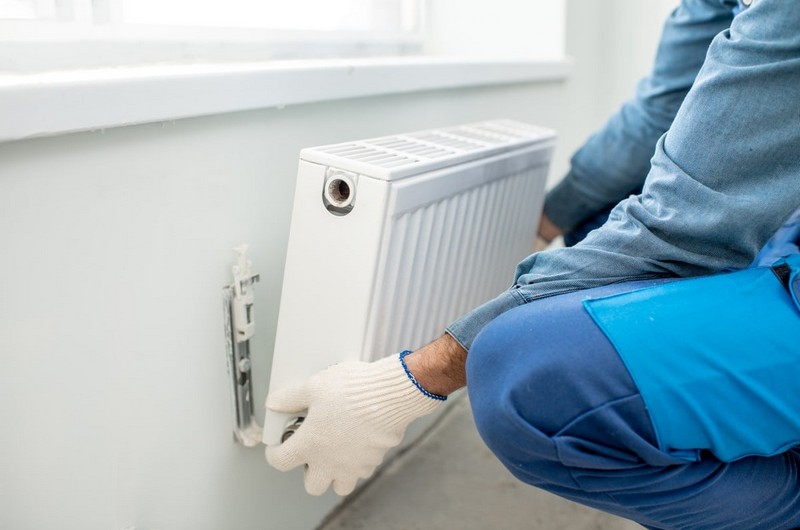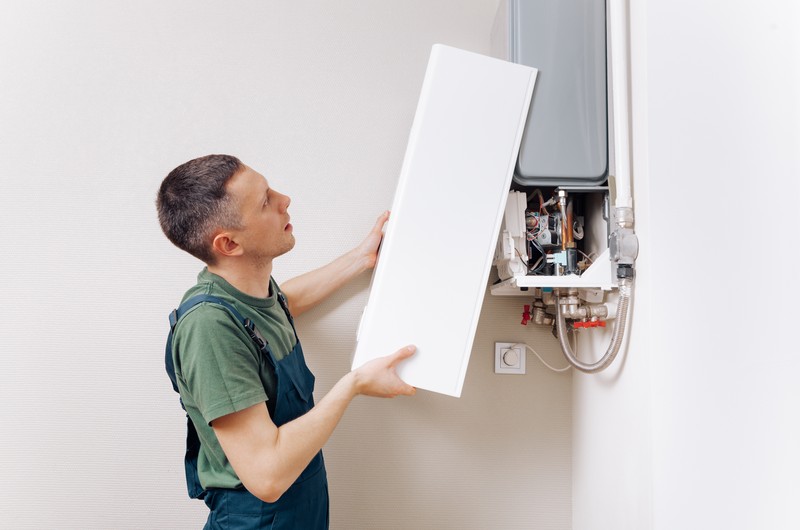 What are the Most Common Electrical Services Provided by Electricians?
What are the Most Common Electrical Services Provided by Electricians?

Electricians provide vital services to protect our homes, businesses, and other buildings are safe and efficient. From installing power and lighting systems to troubleshooting electrical issues, electricians are highly trained professionals equipped to handle a wide range of electrical needs. This blog post provides an in-depth look at the services electricians provide, from installations to maintenance, safety regulations, and cost estimates.
Whether you’re looking to upgrade your home’s wiring or are building a new structure from scratch. this post will help you understand the qualifications required for an electrician as well as what kind of work can be expected and how much it may cost.
Overview of Electrical Services: Definition of electrical services, explanation of what an electrician does
Electricians are highly skilled professionals responsible for providing a variety of services related to electrical systems. These services range from installations and maintenance to troubleshooting and safety regulations.
Whether you’re looking to upgrade your home’s wiring or construct a new building, electricians can help ensure that the job is done safely and correctly.
To better understand what an electrician does, it helps to define the term “electrical services.” Electrical services refer to any work related to electricity, including wiring, repairs, and installation of lighting fixtures or other electrical equipment. This type of service is distinct from other related trade professions such as plumbers or HVAC technicians who specialize in water and air systems, respectively.
Regarding the types of services provided by electricians, there are several common categories.
Electricians may be called upon for installations such as wiring homes or businesses with power outlets or installing lighting systems in both residential and commercial buildings.
They may also provide repair work on existing power or lighting systems, as well as troubleshooting any problems that arise with them. Additionally, they can advise on safety regulations regarding working with electricity in general.
In order for an individual to become a qualified electrician, they must possess certain qualifications and certifications that demonstrate their knowledge of electrical principles and practices.
In countries like the United States, this usually involves obtaining a license after completing an apprenticeship program with a certified master electrician followed by additional study at an accredited trade school or college program in electrical engineering technology.
Working with electricity also presents potential risks that need to be taken into consideration when dealing with any kind of electrical project – whether large scale construction projects or small home renovation works -such as shocks or even fires if proper safety protocols are not followed correctly by qualified personnel.
For this reason, it is important that those working on any kind of electrical system are properly trained in order to reduce the risk of injury or damage when handling high voltage equipment.
Electrical Installation: Types of installations, common locations for installations
In summary, electrical installations are an essential part of the electrical system. Electricians must be qualified to install and upgrade wiring and appliances, as well as to install new fixtures and systems.
They must also understand the different types of installations that may need to be done in both residential homes and commercial buildings. Furthermore, it is important for them to assess each project carefully before beginning any installation in order to determine its cost accurately and identify potential risks associated with working with electricity.
Ultimately, electricians should test all components again once a project is completed successfully in order to ensure proper maintenance by future contractors or homeowners.

Maintenance and Troubleshooting: Common maintenance tasks, troubleshooting techniques
When it comes to electrical services &maintenance and troubleshooting are two of the most important tasks that electricians take on.
Maintenance involves regularly inspecting the wiring and other electrical components for wear and tear, as well as testing circuits to ensure they are in safe working order. Troubleshooting involves finding the source of any problems that arise with an electrical system by applying certain strategies.
Maintenance is essential for keeping an electrical system in optimal condition, while troubleshooting helps identify issues before they become serious or cause damage to equipment or harm people who come into contact with them. Regular maintenance also ensures compliance with safety regulations and helps to reduce energy costs.
To maintain a safe and efficient electrical system, electricians need to have a thorough understanding of how electricity works, the different types of wiring used in buildings, and the various components that make up an electrical system.
They need to be able to test wiring, circuit breakers, outlets and other parts of the system for safety and check for signs of wear or damage such as frayed insulation or corrosion.
If any faults are identified during these tests, then electricians can repair loose connections or replace faulty components accordingly.
When it comes to troubleshooting, electricians use specific strategies to diagnose any potential problems with a system. This may include checking for loose connection points, looking for signs of overheating, or using test equipment such as multimeters or thermometers.
Electricians also have experience when it comes to software-based diagnostics, which can help identify underlying issues more quickly than traditional methods. Once a problem has been diagnosed then they can take steps such as replacing faulty components or making adjustments to ensure everything is running smoothly again.
Finally, electricians may be called upon from time-to-time to upgrade existing systems so that they meet current energy efficiency standards or comply with relevant regulations in your area. This could involve installing new wiring and devices such as dimmer switches if necessary.
In some cases this work could even result in lower energy bills due to improved efficiency!
Safety and Compliance: Safety hazards associated with electrical work, compliance regulations pertaining to electrical services
Safety is a primary concern when it comes to electrical work, as hazards associated with it can cause serious injury or even death. To protect themselves and those around them, electricians must be aware of the compliance regulations that apply to their industry.
It is also essential for electricians to remain up-to-date on the latest safety codes and guidelines in order to stay compliant with local laws and standards.
When estimating project costs, electricians should factor in any additional time or money needed for meeting compliance requirements, such as purchasing specialized tools or obtaining permits from local authorities.
They should also obtain multiple quotes from different suppliers for each job so they can compare prices and ensure quality work at a reasonable cost.
By following safety protocols as well as understanding and adhering to relevant regulations, electricians can help minimize potential risks while providing customers with high-quality services at competitive rates.
This not only safeguards the workers themselves but those around them too.
Cost of Electrical Services: Factors that affect the cost of a project, how to estimate costs
When it comes to the cost of electrical services, there are a number of factors that can affect the price of a project.
From complexity and materials used to labor rates and additional fees, understanding these factors can help you make an informed decision about your project and find the best value for your money.
Here’s what you need to know.
Complexity is one of the main factors affecting the cost of electrical services.
The more complex a job is, the more time and resources it will take for an electrician to complete it – meaning higher costs for you.
Complex projects might include installing or replacing wiring in an older home or rewiring after a flood or fire. In general, simpler tasks such as replacing light bulbs or outlets don’t require as much time or skill, so they cost less overall.
The cost of materials used also affects the price of a project. Electricians may need to buy specialized tools, connectors, switches, and other components in order to complete a job correctly.
If you want higher-quality materials that are more durable than standard options (such as copper wiring instead of aluminum), this will add extra costs to your project as well.
The labor rate charged by an electrician is another factor that affects pricing. Some electricians charge by the hour while others charge by the job; some offer discounts on larger projects while others have flat rates regardless of size; some have higher rates for after-hours work, while others have lower rates during certain times (such as weekends).
Be sure to ask about any special offers or discounts before deciding which electrician to hire for your project.
Finally, additional fees might be tacked onto your bill depending on where you live and what type of work needs doing.
For example, some states require permits for certain types of electrical work; if an electrician has to get one for your project, then those fees will be passed on to you in addition to their labor rate and material costs.
You may also incur extra charges if they have special tools they need to purchase specifically for your job or if they need extended hours due to technical difficulties not predicted at the start of their workday.
Estimating costs before hiring an electrician can help you compare quotes from multiple professionals, so you can make sure you’re getting good value for money without cutting corners on quality service – something that could end up costing more in repairs down the line!
When estimating costs, be sure to factor in all elements mentioned above: complexity level, materials used, labor rate and additional fees like permits or special tools that may be required by local authorities.
Once you have all this information together, compare quotes from multiple electricians before deciding – this way you can ensure quality work at a reasonable price!



